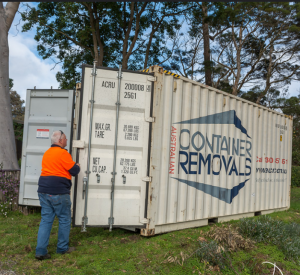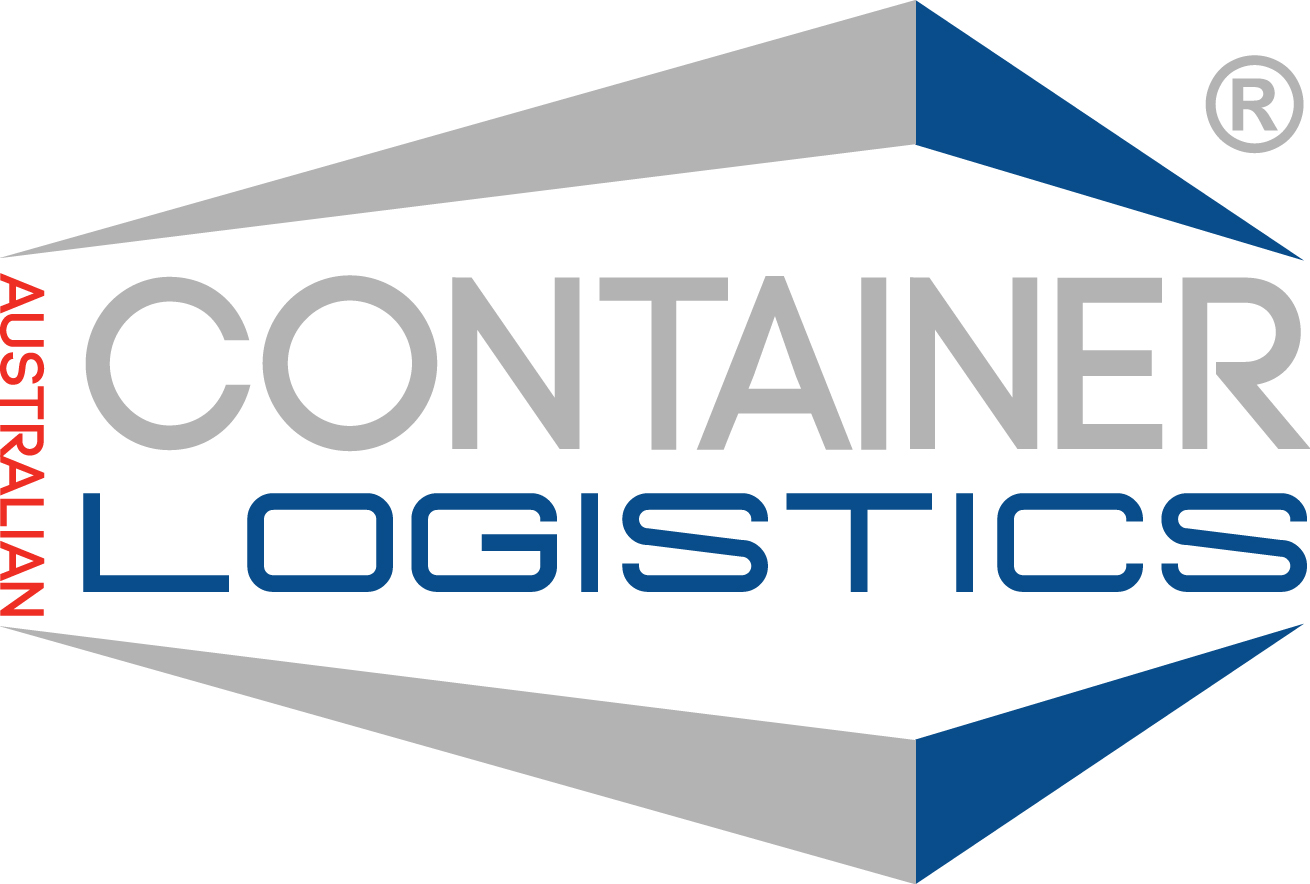Shipping Container Information
Shipping Container Information
Shipping Containers are sturdy, large and easily transportable, making them the perfect solution to move your precious goods Interstate. We can arrange Shipping Container Transport door to door to both city and regional areas, Australia wide.
We give you 30 days hire included in your all-inclusive door to door quotation, but if you need the container for longer that is not a problem. We can offer you to hire the container for an additional 30 days. Note that storage and container leasing fees apply.
If you are thinking of purchasing a container as part of your move Interstate, ask us today for a quote to send your own container. Note that the container must have a current compliance plate or certificate.
Shipping containers make excellent storage sheds; they can be modified to suit your needs (perhaps becoming an office, art studio, teenager retreat, work shed, carport or granny flat) and are safe, secure and robust.
Shipping Containers are constructed using shipping container grade corten steel. Most have wooden floors.
For Shipping Container Dimensions, Weight Allowance, Door Sizes and Cubic Allowance for our 20, 40 and high cube 40 Foot Containers, please click "View Container Specs"
How to Close and Securely Lock the Shipping Container:
Once you have successfully packed the shipping container, close the doors and affix a study padlock. Here are is a diagram to show you how to lock your container. we reccommend a sturdy standard or combination lock. Keeping in mind that you will need to keep the keys safe. You may use a combination lock if you are not the recipient at the destination address.
- Start by closing the left-hand door
- Make sure the locking bars go into their locking keepers at the top and bottom of the container
- Engage the cams and keepers and then twist both handles
- Put the handles into the mounts and close the locking lapses
- Repeat the process with the right hand door
- Slide the shackle of your lock closed on the locking bar to secure
- You should now not be able to turn or open the locking bar
Recent Commercial Customer Testimonials:
Hi Natasha, We have just empty and cleaned the container. It is ready to go now. Thank you so much for the great communication and efficient service, we really appreciate. See you next year.
Kind Regards, Jack – Metro Display
Commercial Container Hire & Transport ex Sydney to Melbourne return to Sydney. August 2019
I would like to take some time to write a few words to show my appreciation for the service that Simone, Natasha & the team at Australian Container Removals Pty Ltd have delivered for us at thl.
Over the past 6 month of our decommission season, moving 15 containers across ten locations nationally.
The service that was provide was of the highest level, nothing was ever too much trouble for you both, making the whole process from start to finish a pleasure. (See full details here)
 - Tourism Holdings Australia.
- Tourism Holdings Australia.
National Container Movements, November 2018 - April 2019
“When faced with the challenge of moving 5 animatronic dinosaurs across Australia, we weren’t sure which freight service to use given that tight event time frames had to be kept. ACR were able to provide a full logistics service at a fixed price and accommodated the ever-changing event schedule. We couldn’t be happier with the service and ACR will be Dinosaur sales choice for interstate freight moving forward”
Regards, Steve. February 2017
Get the best price on your Shipping Containers Removal Interstate with Australian Container Removals
Call 1300 857 851 today and have a chat with our friendly team!
NEW SHIPPING CONTAINER FLEET
Check out our brand spanking new fleet of Shipping Containers for Interstate Removals. We think the new branding looks pretty good! See them on the road Australia wide near you!













